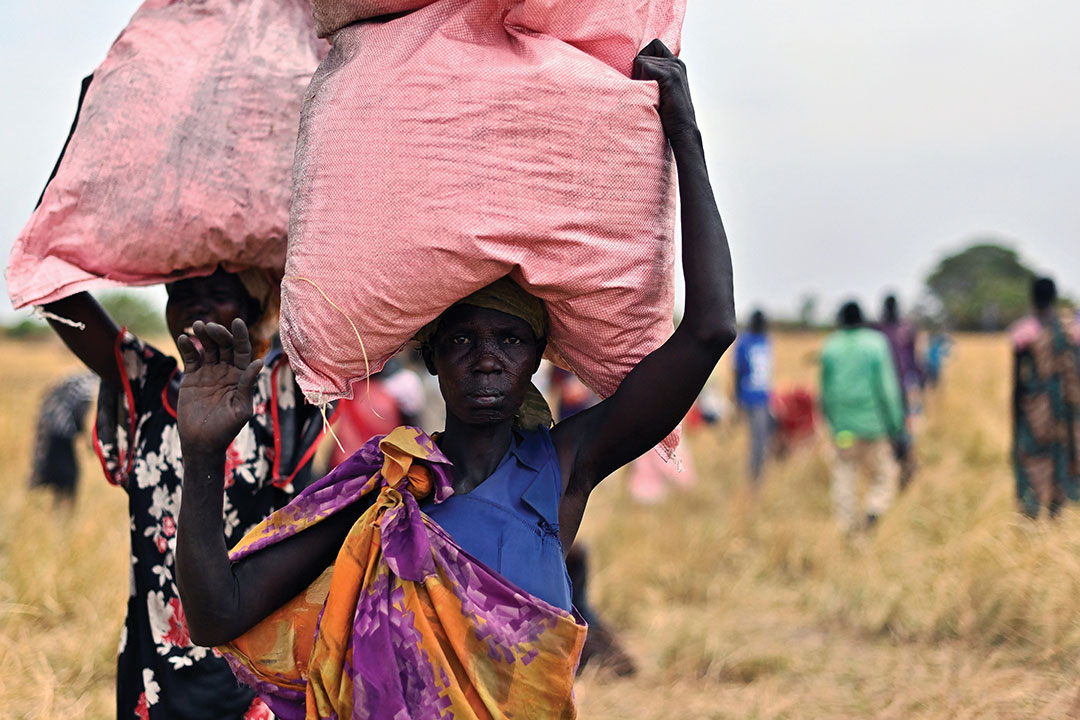ADF STAFF
As food insecurity continued to plague Ethiopia, Kenya, Somalia, South Sudan and Sudan, the Intergovernmental Authority on Development (IGAD) inaugurated a regional group to address the issue.
The Learning Network on Nutrition Surveillance (LeNNS), with the support of the United States Agency for International Development (USAID), first met on November 23, 2022, in Nairobi, Kenya, to work toward “effective policies, advocacy and action planning around nutrition in the region,” according to IGAD.
Dr. Patrick Amoth, director-general of Kenya’s Ministry of Health, said LeNNS will help generate timely information and evidence so it can be used to inform effective policies, strategies and programs across the region.
More than 137 million Africans are dealing with acute food insecurity, according to the Africa Center for Strategic Studies (ACSS). Of that total, 111 million — 81% — live in countries experiencing conflict. Eight of 10 countries facing acute food insecurity also are dealing with conflict.
About 73% of acute food insecurity on the continent is concentrated in eight countries, ACSS reported, including four in East Africa: Ethiopia, Somalia, South Sudan and Sudan. All four are IGAD member states, and each is embroiled in conflict. The other IGAD members are Djibouti, Kenya and Uganda. Eritrea is inactive.
Hunger is measured on a 5-point scale called the Integrated Food Security Phase Classification. Acute food insecurity is a 3 on the scale and occurs when people must sell essential possessions or use essential resources to support a limited diet. The most serious level of hunger is famine, which is a complete lack of access to food.
LeNNS will help improve regional nutrition surveillance by improving links between institutions that conduct it, IGAD reported.
“Malnutrition and food insecurity pose major threats to global, regional and national social economic and development goals,” said John Kuehnle, USAID health director. “USAID is committed to working with countries to strengthen national nutrition information systems, sub-national nutrition data availability and use, and capacity strengthening around nutrition data.”


Comments are closed.